In our current time of movement and crisis, what does home mean for us?
Is it something we are glad to have? Something we are afraid to lose? Or is it something we have lost? Something we are longing to retrieve? Perhaps we have never felt at home, or perhaps home is something that we can take wherever we go? How can we support ourselves and others to create a home? What internal and external resources can we rely on?

– Public Open Forum, 11th November, 18-20h, TON 1, Atelier Gardens
The evening began with five short statements:
Ayham Majid Agha, Director of the ‘Hanging Gardens of Oberlandstraße’ Festival, that the forum was part of, opened the forum, bringing in the questions of the festival: What are we looking for when we want to feel home? Which words, images, tastes and sounds do we associate with the feeling of belonging? And, in turn, which memories and impressions connect us to the places that we call home? Can we think of homing as a verb: that which enables us to return to a place – whether physically or emotionally – having travelled a distance away from it?
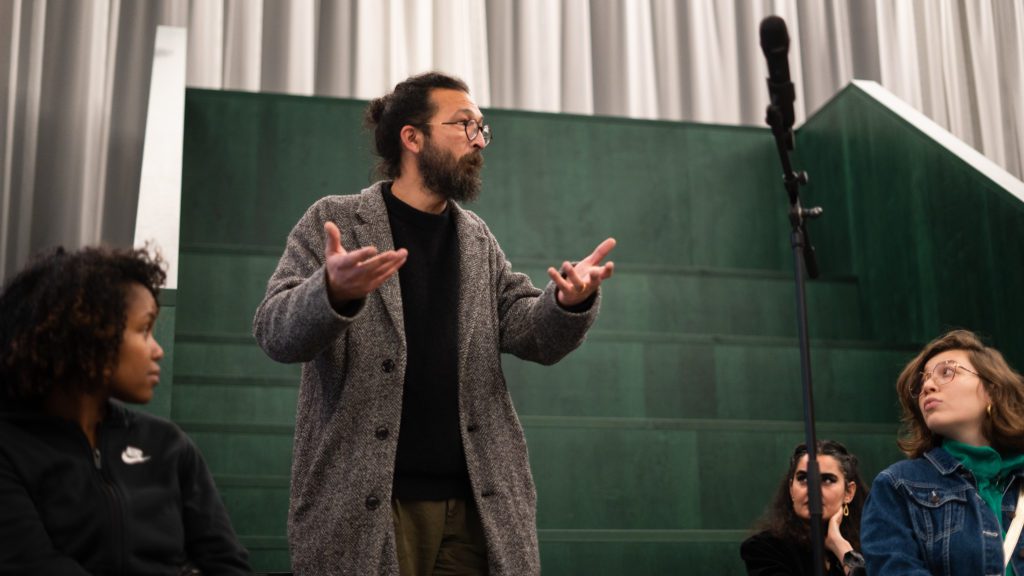

Following these questions, and a short introduction from the facilitators, Karam Yahya shared his experience as a social worker, researcher and refugee in Syria, Jordan and Germany. He spoke about the experience of being in between as a refugee, of experiencing time in a very particular way and losing choice about where to be and what to do. He also expressed how confusing it was to be asked again and again if he intended to go back to his home in Syria, when actually he felt very much at home in Berlin.
Juliane Willuhn, sector lead at AWO Berlin Mitte, a welfare organisation operating refugee shelters, shared the efforts of her team and organisation to create a home for people arriving to Berlin as refugees. She brought in the role of families and children, and shared examples of how even in times of Covid, people in refugee shelters created individual and decorated spaces in the sterile and impersonal environment of a container village. Her job appeared as a challenging ‘in between’ position. Advocating at a political level for the rights and needs of refugees, upholding her own values in her work, implementing health and safety regulations in the shelters, taking care of her own staff, etc.
Kaja Deller, JUMEN, a human rights NGO, brought in the perspective of universal human rights and their work with unaccompanied minors. She reminded of the uncompromising and absolute position of law, bringing in the voice of the activist who fights for just cause and reminding participants of the forum of the hardship and injustice that many refugees and especially children face.
Gertrud Graf brought in her experience as an activist and resident in Berlin who creates home wherever she is, bringing in a voice of choosing to change identities when one identity no longer serves, rather than remaining frustrated.
In the discussion that followed, many voices came in, exploring the notion of home from different sides.
One conflictual point arose when a person from Ukraine expressed her gratitude for being welcomed in Germany by so many people. While this perhaps was true for many Ukrainians, another participant expressed, this was often not true for non-white refugees, who frequently experienced being treated harshly, or felt like a monkey in a zoo, expected to share their stories and express gratitude towards the receiving societies in spite of their negative experiences.
One voice shared how home for her was a space where, at times, one could close a door and be on one’s own – and how from that point she could partially understand nationalist voices who wanted to keep others out.
Several voices expressed gratitude for Berlin as a place where they could feel free – free to be themselves in the midst of diversity; the sense of relative relaxedness and anonymity the city provided while at the same time offering distinct localities and a sense of neighbourhood identity.
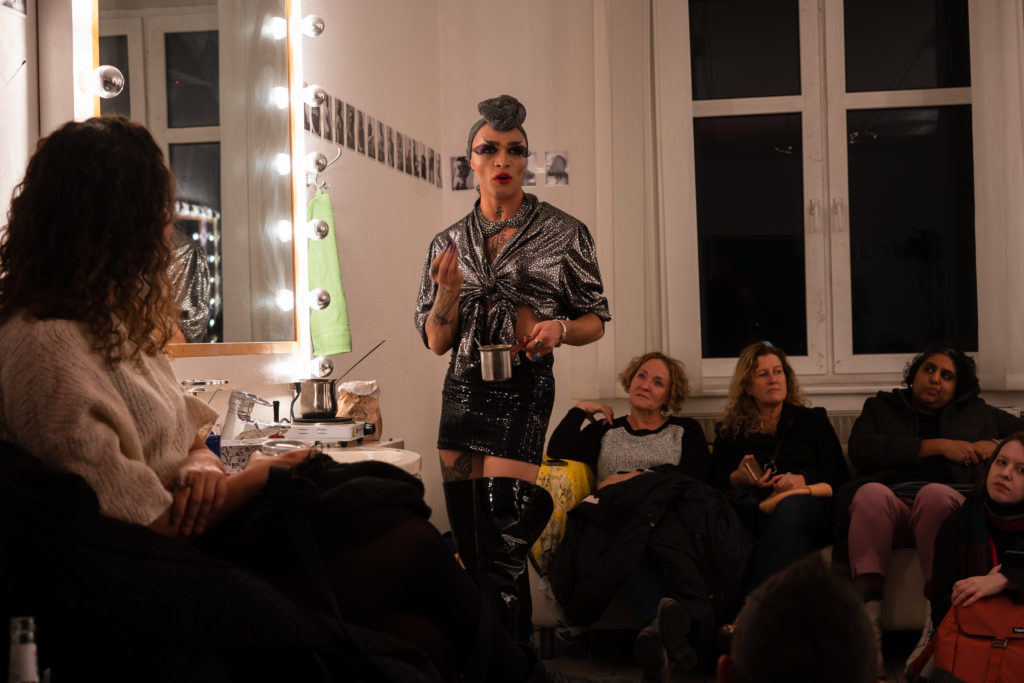

A voice from the LGBTQI community brought in the notion of home as being at home in one’s own body, educating others in the audience to expand their awareness.
In general, there was a strong sense of helping each other expand one’s perspective, educate and learn from each other, while at the same time acknowledging how tiring it could be for marginalised voices to time and again be in the role of having to educate the mainstream and fight for one’s rights.
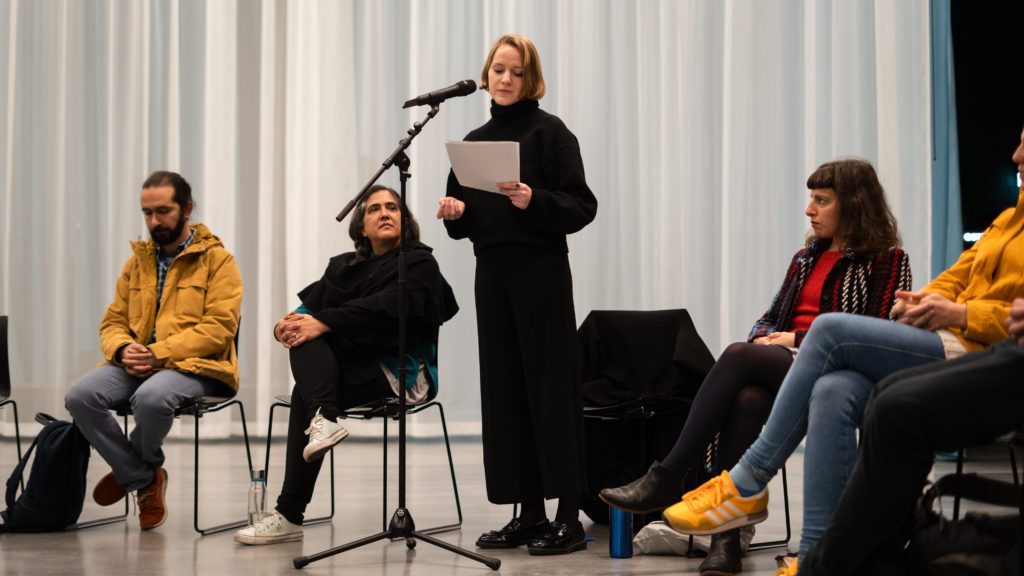

The idea of bringing the Open Forum to an art festival as a means of exploring and interacting with these important topics in a creative and accessible way was met with enthusiasm by the participants. They expressed their interest in seeing how the concepts discussed could be applied in an artistic context, and were ready to take advantage of this opportunity to expand their horizons and learn more about these issues, in order to promote deeply democratic dialogue among all members of society.
Statement from Ayham
The open forum was a wonderful opportunity to connect with a diverse audience and discuss the topic of ‘home’. It was fascinating to hear how challenging it can be to define what ‘home’ truly means – is it a physical place, a feeling, or something else entirely? The emotional moments when participants tried to articulate their feelings and thoughts reminded me of the complexity of describing our own experiences. It highlighted how difficult it is to put our feelings and imaginations into words, and how much power our emotions have over us.
I was also struck by how the forum embraced the principles of deep democracy, allowing everyone to have a voice and be heard, regardless of their background or perspective. It was refreshing to have a space where even minority voices could be heard and respected. The ability to listen to each other without judgement and work towards resolving conflicts was incredibly helpful, and something that I believe is essential in any productive conversation.
As a theatre maker who has worked extensively in open forum theatre. I was thrilled to see the forum from the perspective of deep democracy.
Statement Husna:
I am writing to express my gratitude for your generous support in making the open forum on the definitions of home in Berlin a success. Thanks to your contribution, this brought together a diverse group of people from different backgrounds and experiences in Berlin.
During the forum, we heard from representatives in charge of settlement planning and refugee settlement in Berlin, as well as various roles introduced by refugees living in Berlin, LGBTQ individuals, and local residents who lived in the time of the Berlin Wall and the changes that shaped their relationships and definitions of home.
The discussion highlighted critical factors in defining one’s home, such as safety, longevity, and relationship. In addition, participants shared their struggles within the system and how it impacted their ability to feel at home in Berlin. Despite the differences in experiences and backgrounds, there was a consensus that working together, communicating, and focusing on similarities instead of differences could help to address these struggles and create a sense of belonging for everyone in Berlin.
Once again, thank you for your support in making this open forum a success. Your contribution has made an impact in fostering an inclusive and welcoming environment for all in Berlin. We hope to continue this important conversation and work together towards creating a more equitable future for everyone.



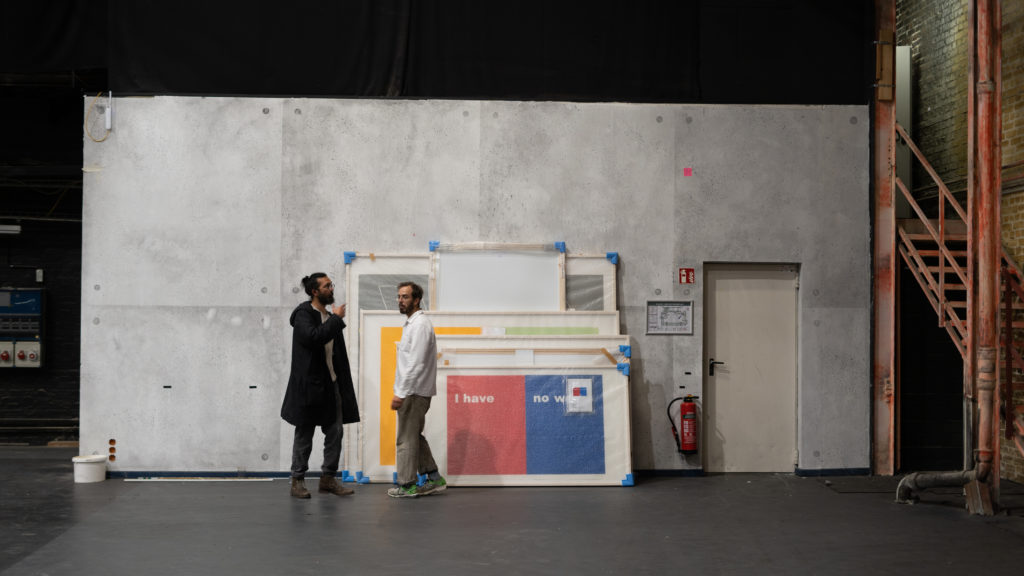

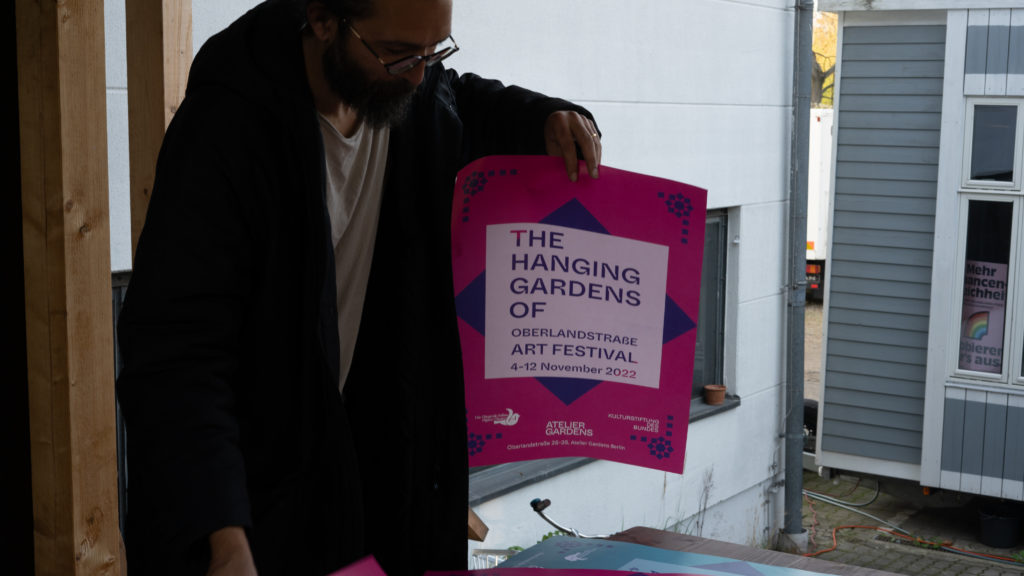

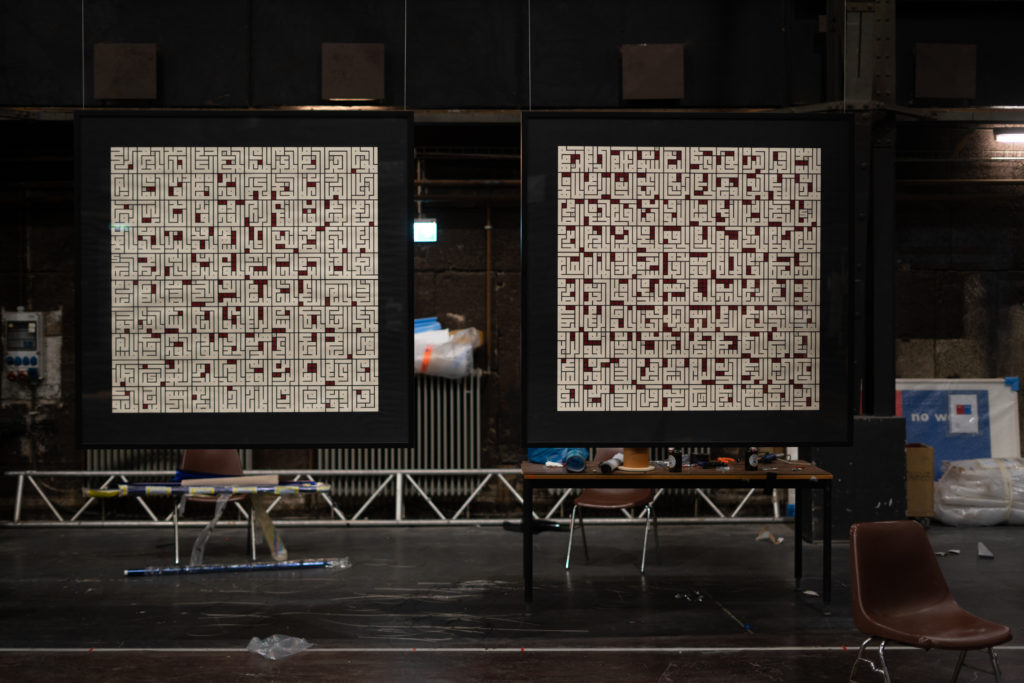

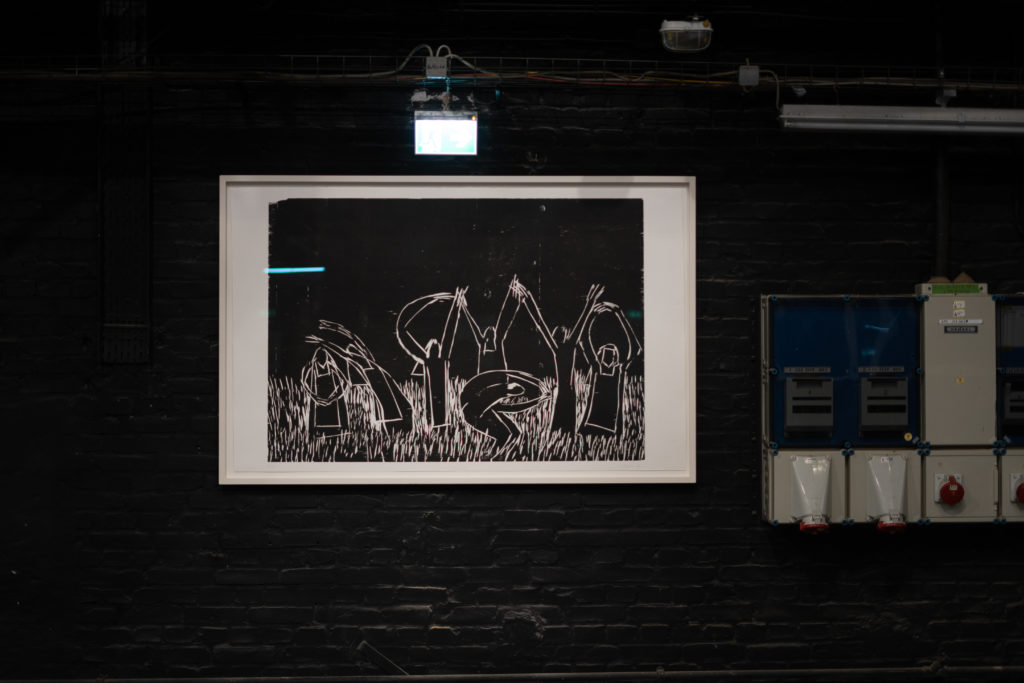

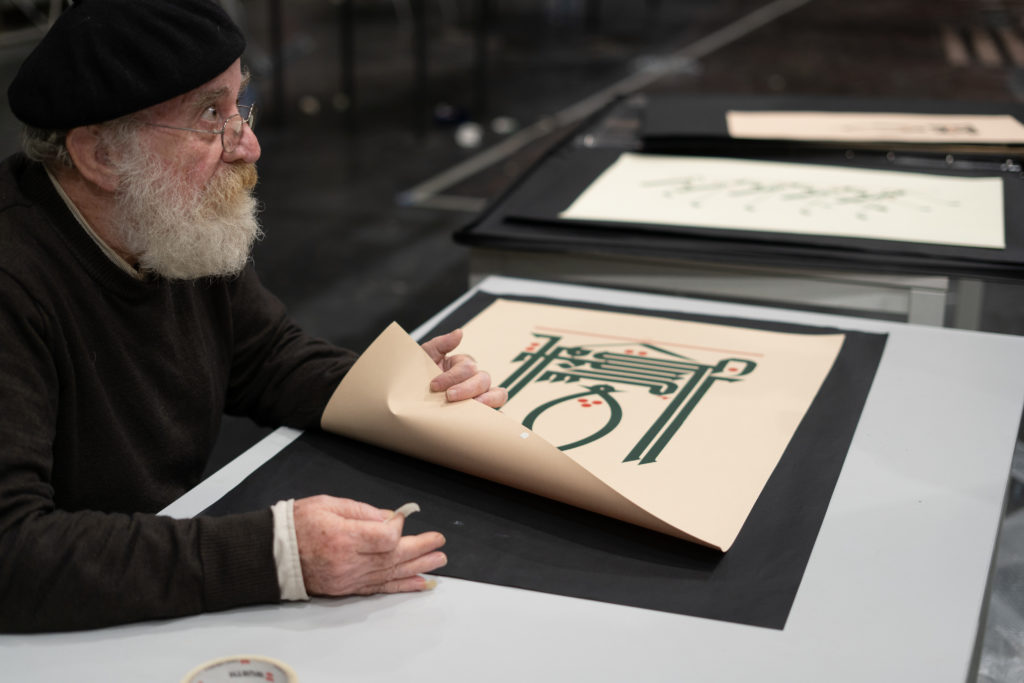

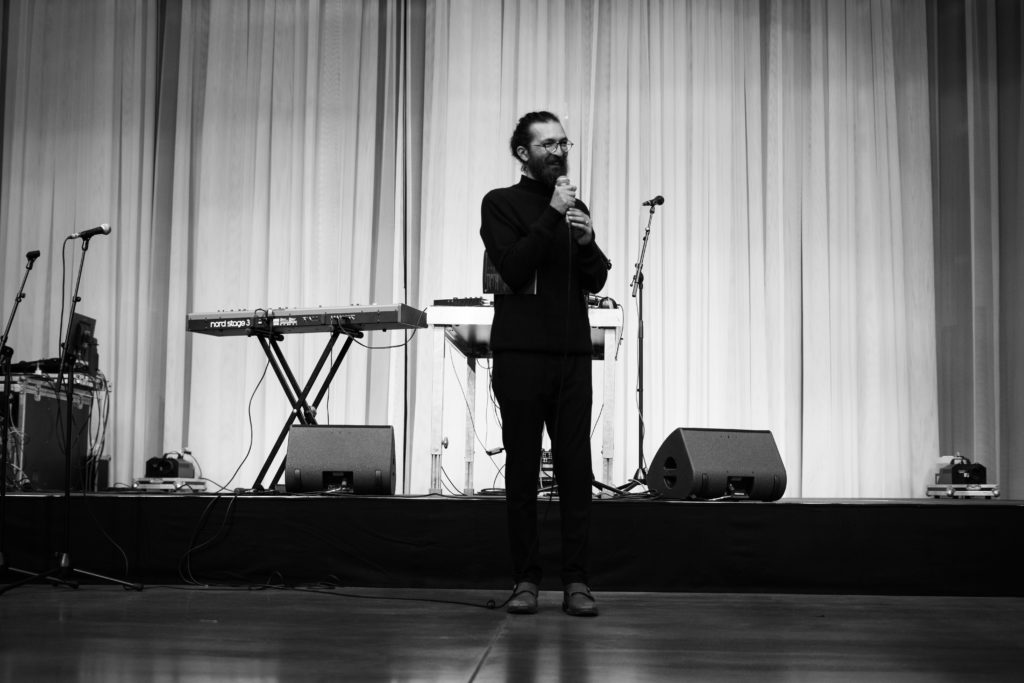

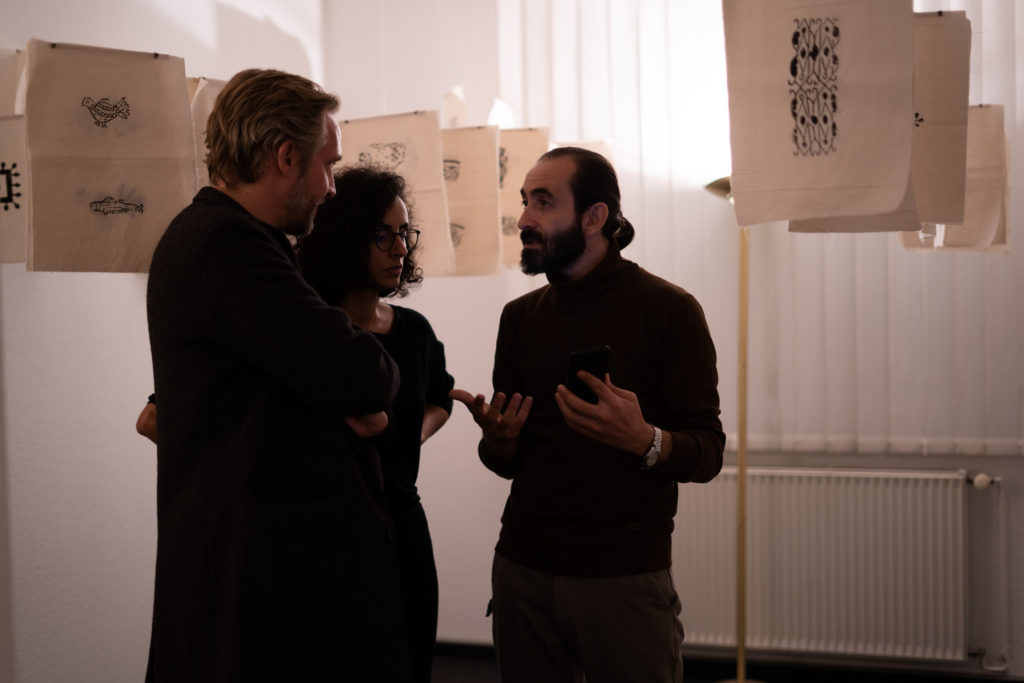

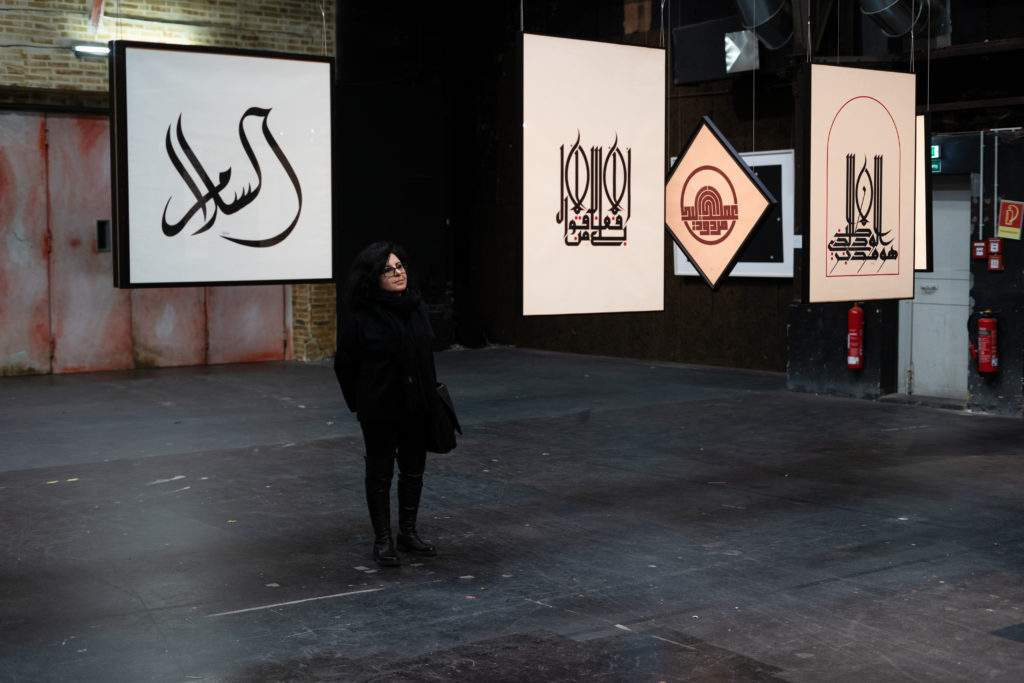

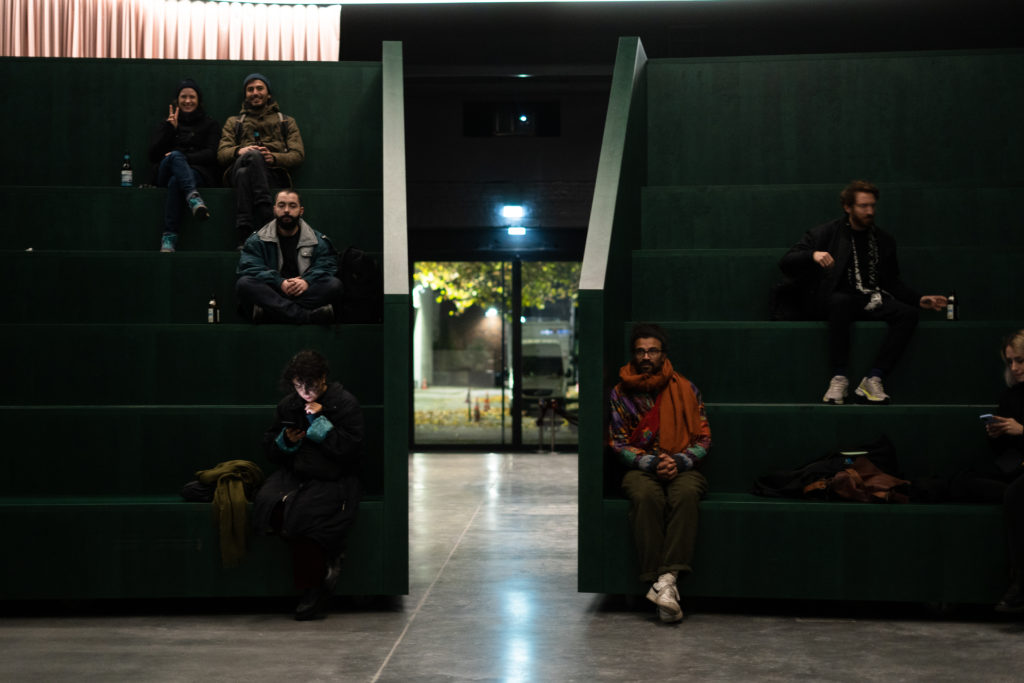

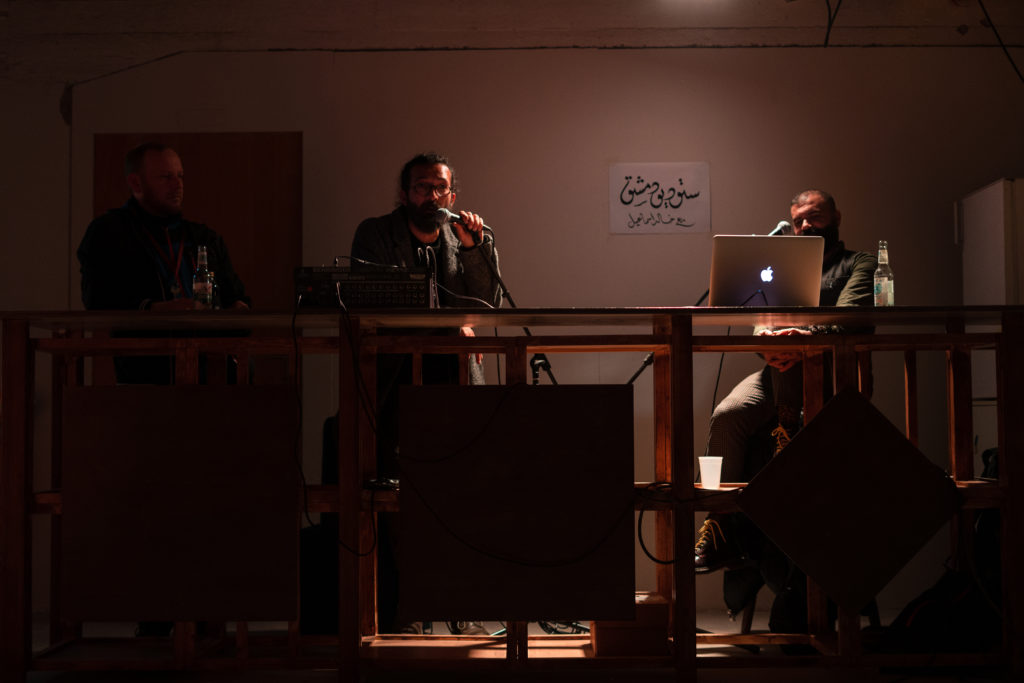













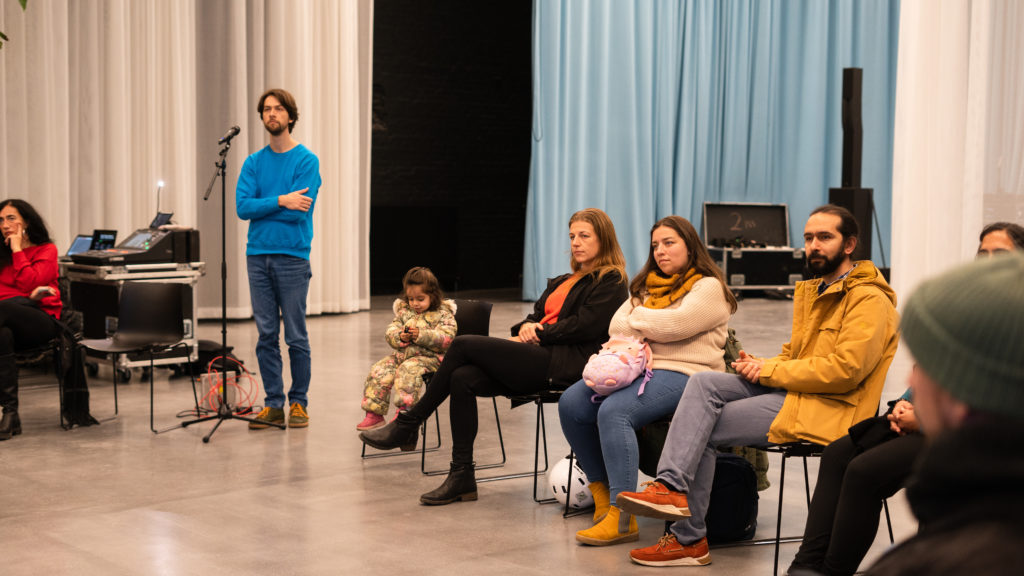

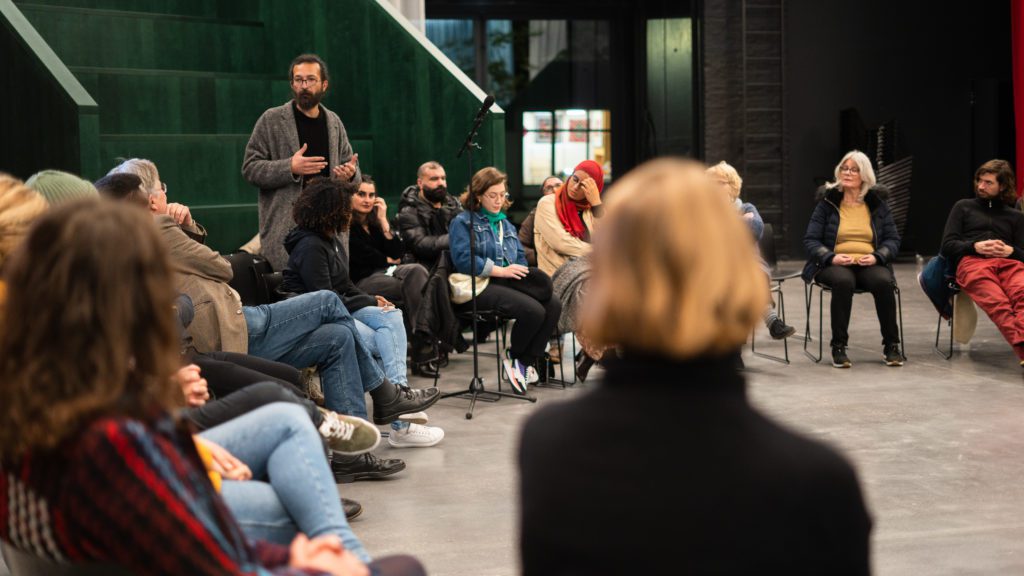

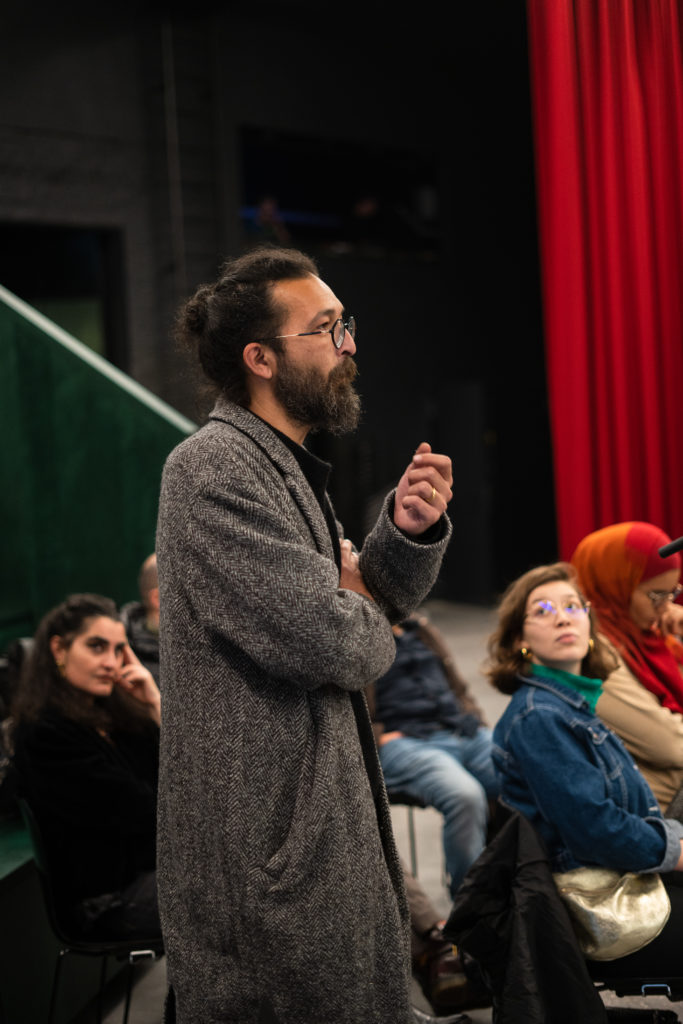



Thank you so much to all of you for participating in the TILDE OPEN FORUM in Berlin and creating all these powerful sharing!
Bettina, Benjamin and Karin